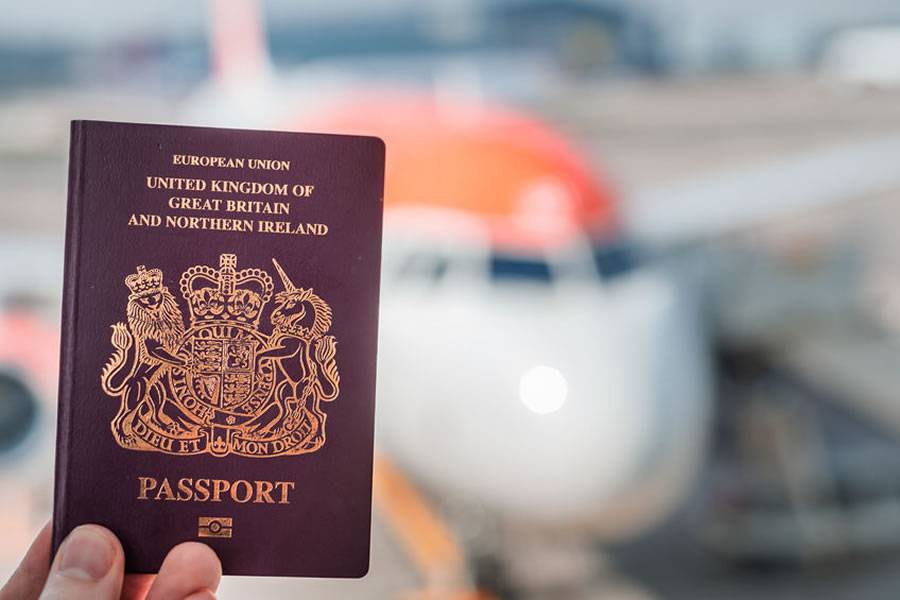Brits advised to check validity of their passport before travelling to EU holiday destinations
- 26-10-2022
- National
- Canarian Weekly
The UK Foreign Office has updated its travel advice for the European Union countries and recommends that all Brits check the validity of their passport before travelling to any European holiday destinations. To avoid any travel problems, they are advising everyone to check two key dates, the issue date and the expiry date on their passport.
Additionally, in its updated advice, the Foreign Office state that the passport of UK nationals planning to travel to the EU must be issued less than ten years before the date of entry in the EU country and, at the same time, emphasised that the passport must be valid for at least three months after the day they plan to leave.
Apart from this, they have explained that if a passport was issued before 1st October 2018, additional months may have been added to its expiry date. Nonetheless, you are recommended to contact the embassy of the country you plan on visiting if you are not sure that your passport doesn’t meet the requirements.
The Foreign Office statement reads: “Contact the embassy of the country you are visiting if you think that your passport does not meet both these requirements. Renew your passport if you need to.”
Moreover, the Foreign Office has reminded Brits once again to check whether their passport has been stamped when they enter or exit the Schengen zone.
Many people from the UK seem to want to avoid this, but it can work against them if they don’t. Border control uses passport stamps to check if they are complying with the 90-day visa-free limit for short-term stays, but if you don’t have a stamp, they will assume you have been there longer than 90 days which can lead to deportation and a ban from visiting any EU country.
“If relevant entry or exit stamps are not in your passport, border guards will presume that you have overstayed your visa-free limit,” the Foreign Office stresses.
Those whose passport has not been stamped can show evidence of when and where they entered or exited the Schengen Area and ask the border guards to add this information to their passport. In such cases, authorities may accept boarding passes and tickets as evidence, but that is not guaranteed.
Other articles that may interest you...
Trending
Most Read Articles
Featured Videos
TributoFest: Michael Buble promo 14.02.2026
- 30-01-2026
TEAs 2025 Highlights
- 17-11-2025


























































